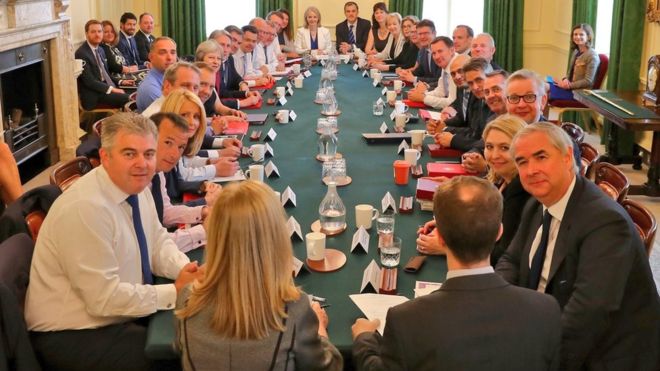Chequers Agreement – “Classic Cherry Picking”
Thoughts on the Cabinet’s Brexit agreement from our global economist – John Shepperd
The “Chequers Agreement”, issued after the Cabinet meeting last Friday, is a short, three-page outline of the UK’s proposed position as we head into the final stages of the tortuous Brexit negations. A more detailed White Paper is due on Thursday.
The essence of the UK’s proposed deal is free trade in goods, preventing the prospect of a “hard Irish border”, with broad regulatory alignment with the EU. Free trade in services would be subject to “different arrangements”, the details of which are yet to be decided, but will mean that services in “the UK and the EU will not have current levels of access to each other’s markets”.
This is not expected to “replicate the EU’s passporting regimes”, which will set alarm bells ringing in the City. Crucially in terms of freedom of labour, the proposed deal would “end free movement, giving the UK back control over how many people enter the country”.
So, we broadly have a “soft Brexit” proposal that was intended to paper over the cracks in the Cabinet, allowing for a unified approach from the UK side of the negotiating table. This has clearly failed.
Not just with the resignation of the Brexit Secretary, David Davis, and Foreign Secretary, Boris Johnson, but with a hostile reception from a significant number of Conservative backbenchers, including Jacob Rees-Mogg who has said he will vote against the proposals as they currently stand. Conservative MPs seem to be moving for a change in policy rather than a change in leader at present. But even if the Government secures party and parliamentary support for these proposals it still does not provide a straight-forward solution.
The problem which is being largely ignored with the intense UK political debate currently raging, is that these proposals are clearly not acceptable to the EU. The EU’s starting negotiation position has been clearly stated and stressed many times: “the four freedoms are not divisible”. The four freedoms being free movement of goods, services, capital and labour. One or more cannot be had without the others. This notion is at the heart of the EU and the Chequers proposals challenge that.
The EU is clear that the UK cannot “have its cake and eat it” or, to change the metaphor, “cherry pick” – the four freedoms are indivisible. The Chequers Agreement is classic cherry picking. We will have free movement of goods, but not services and crucially not labour. So, for the EU to accept this proposal it would have to concede on one of its fundamental principles.
Perhaps it will. But it would be a massive climb-down and represent a significant change of approach to a Brexit deal by the EU’s Chief Negotiator Michel Barnier. His team have so far been clear that the Brexit talks are negotiations to secure the United Kingdom’s exit deal from the EU, not to renegotiate such principles of the European Union.
Sources from within the Government suggests these proposals are the starting point and will be subject to amendment at the subsequent negotiations. But what needs to be stressed is that any such “amendments” would not involve fine-tuning points of detail.
For an agreement to be reached with this set of proposals, it would require one side or the other making major concessions on what have been fundamental points of principle. The “red lines” that have been established. Either the UK concedes on free movement of labour, abandoning the requirement that we take back control of our borders, or for the sake of getting a deal done, the EU accepts that the four freedoms are indeed divisible.
The risk now is that we have an agreed position from the government to which the Prime Minister is sticking to, which is both unacceptable to large numbers of the Conservative Party and the EU, described by David Davis as “at best a weak negotiating position… possibly an inescapable one”. With less than nine months to go are we any closer to striking a deal? Brexit uncertainty persists.


Sorry, the comment form is closed at this time.